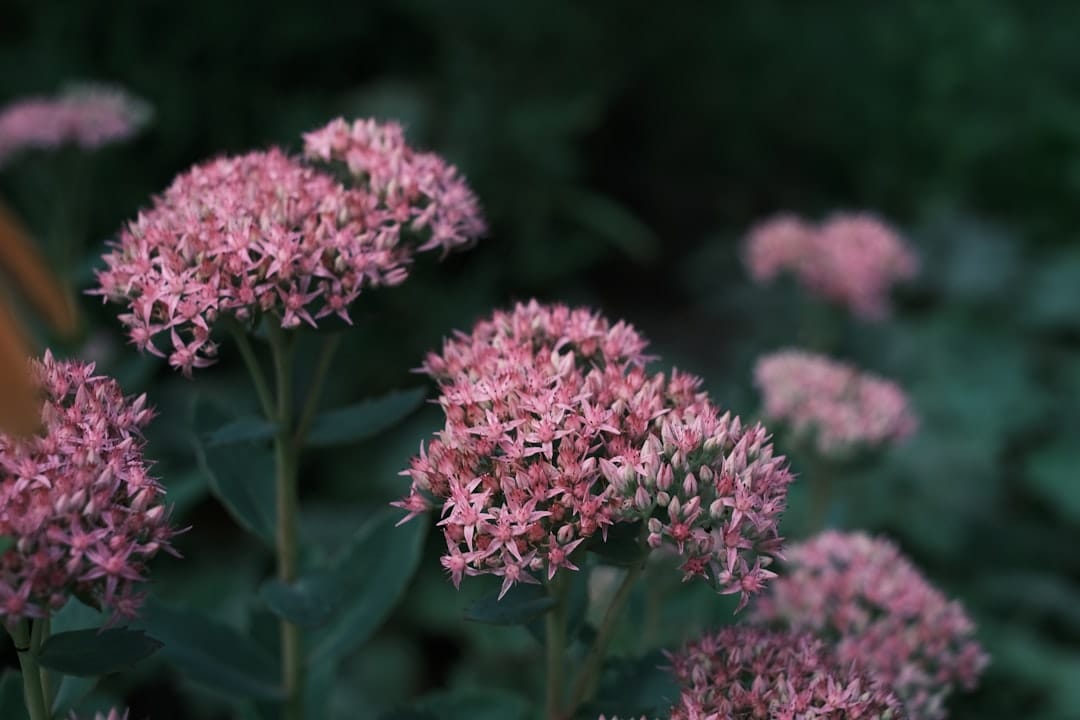A lush, thriving garden is beautiful, but many regions across the country are dealing with ongoing water shortages. Choosing drought resistant plants that need less water is one of the easiest ways to reduce water use, lower your bills, and create an eco-friendly garden that still feels vibrant.
Drought resistant plants go far beyond cacti. There are flowering perennials, shrubs, herbs, and groundcovers that can tolerate dry conditions once established. In the first few weeks or months, these plants still need consistent watering, but after they settle in, they will survive and even bloom when rainfall is minimal.
Below is a full guide to drought resistant plants along with simple tips to help you get the most out of a low-water landscape.
Drought Resistant Plants
Yarrow ‘Coronation Gold’
Golden yellow flower clusters rise above tall gray-green foliage. Yarrow grows up to three feet and thrives in direct sunlight and well drained soil.
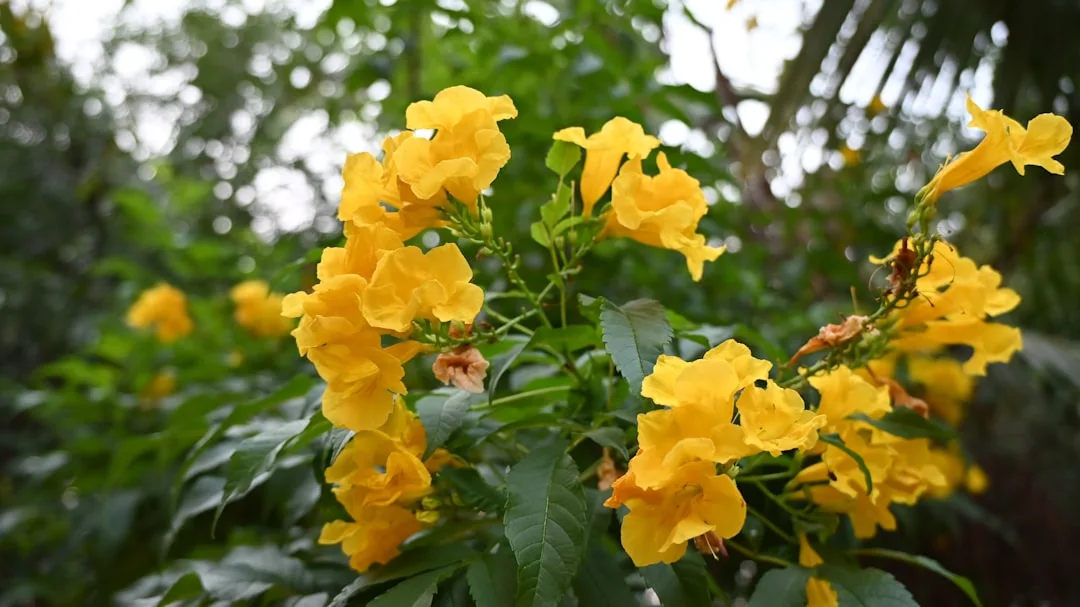
Silver Artemisias
This aromatic plant adds fragrance and texture with its soft silver leaves. It grows between one and a half to four feet depending on the variety and needs full sun and well drained soil. It can spread quickly, so dividing it regularly helps control growth.
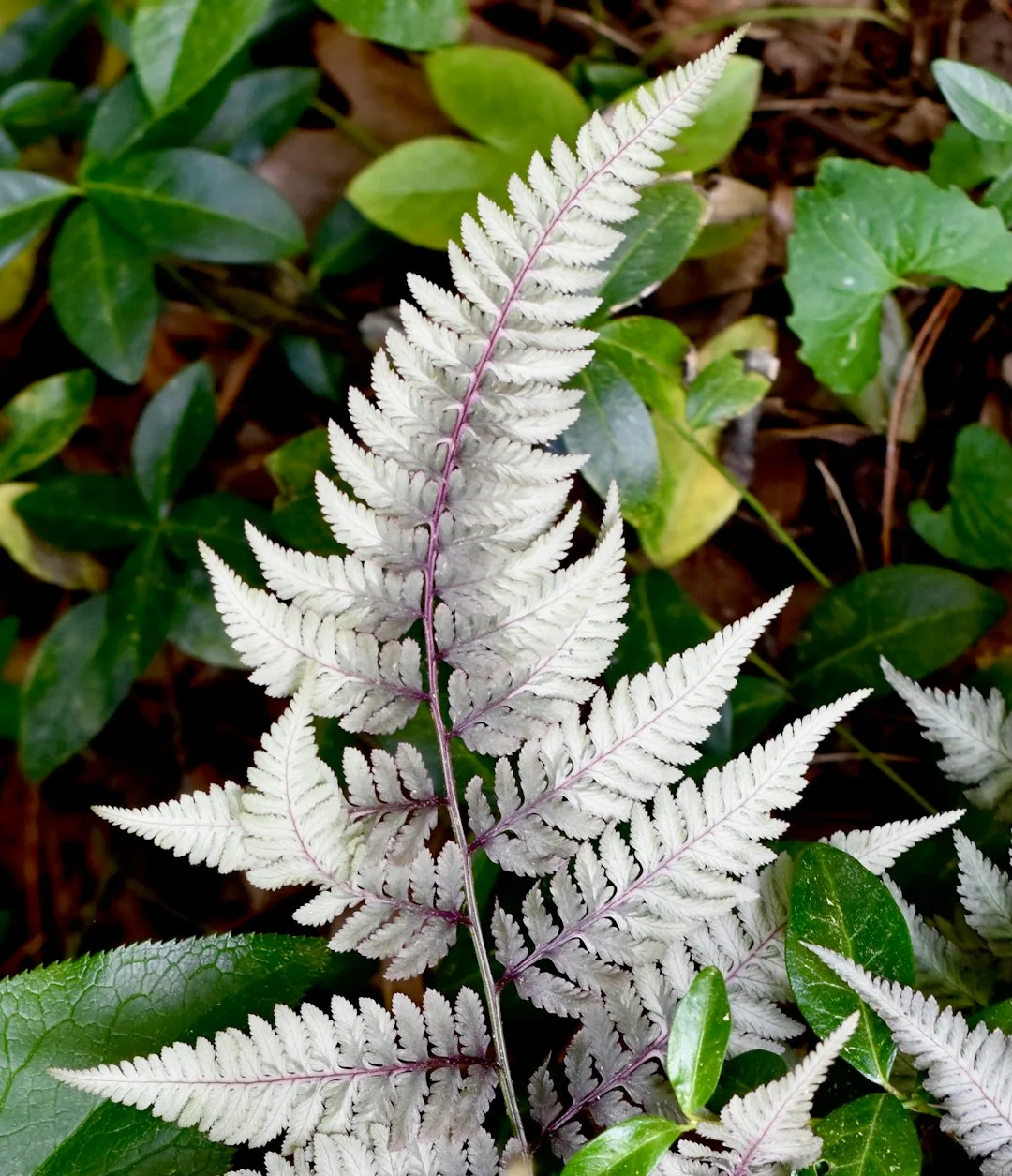
Purple Coneflower
A popular perennial that loves direct sunlight and well drained soil. Mature plants reach between two and four feet tall and bloom with bold purple flowers.

Tall Bearded Iris
This hardy plant grows in full sun and well drained soil. It blooms in spring with vibrant purple flowers and sword-like leaves, reaching around two feet in height.
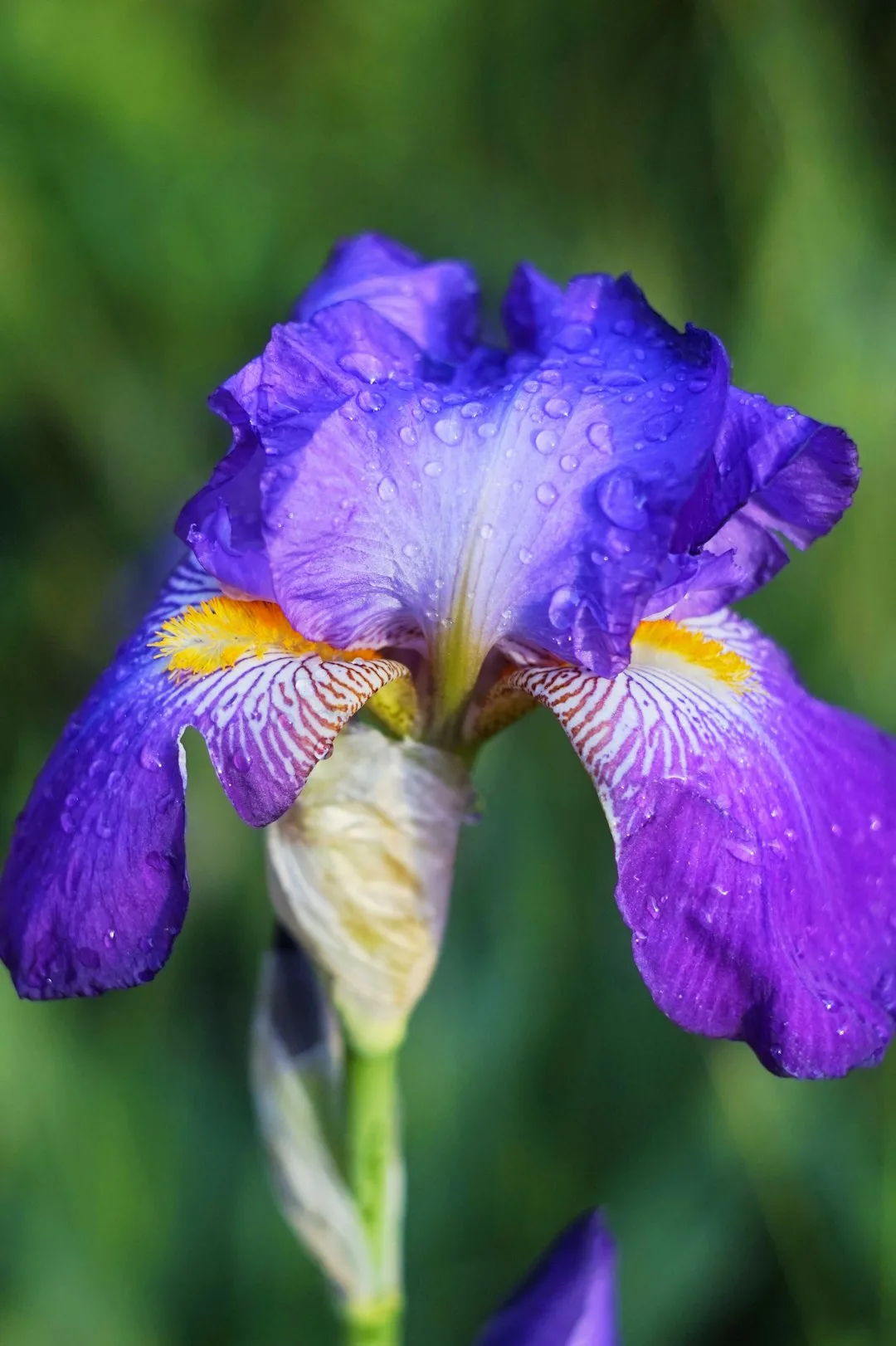
Rosemary
A fragrant herb with needle-like leaves. Rosemary thrives in full sun and dry soil and offers both ornamental beauty and culinary use.
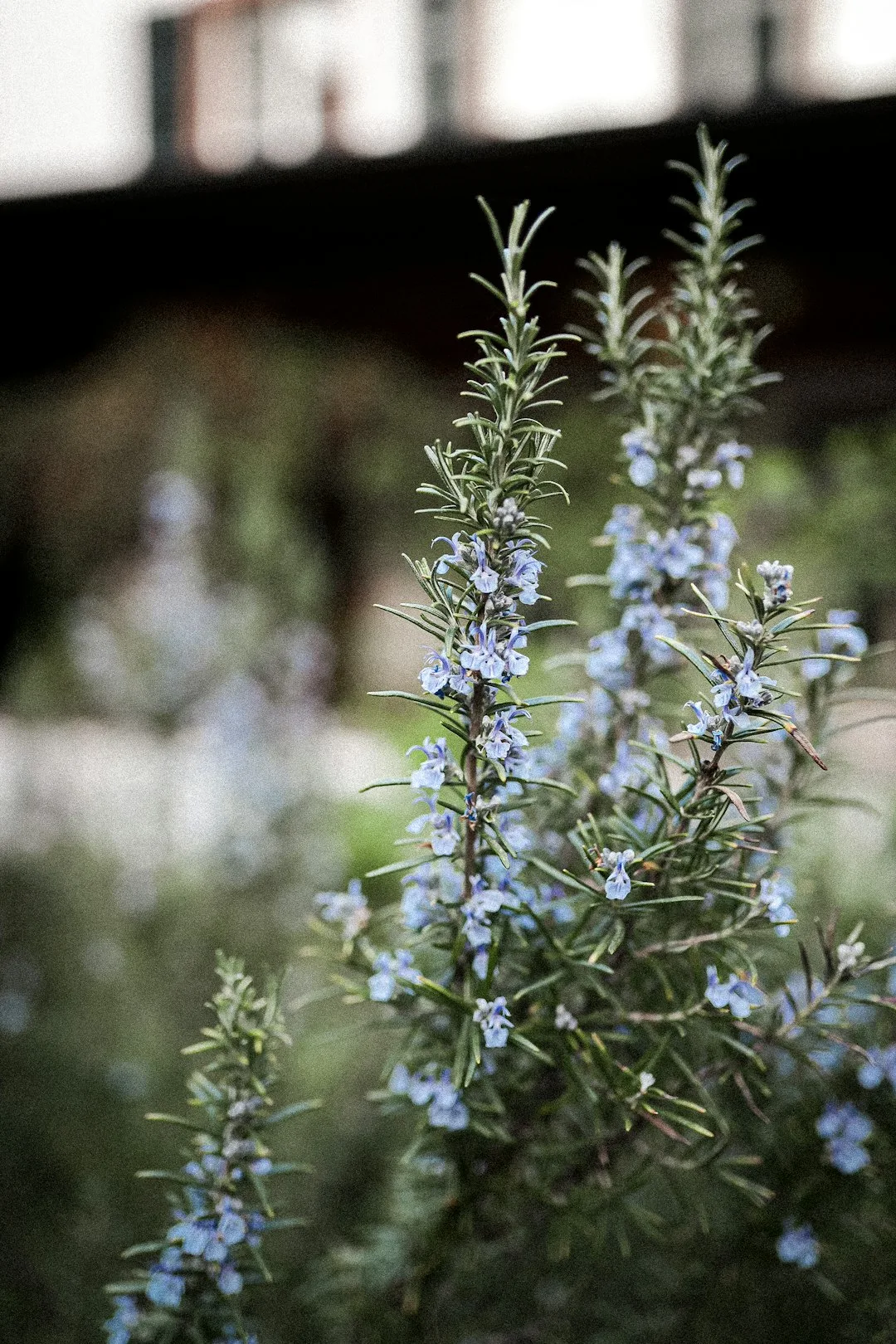
Common Thyme
A compact garden herb that blooms in late spring and early summer. It grows well in full sun or light shade and reaches about one foot in height.
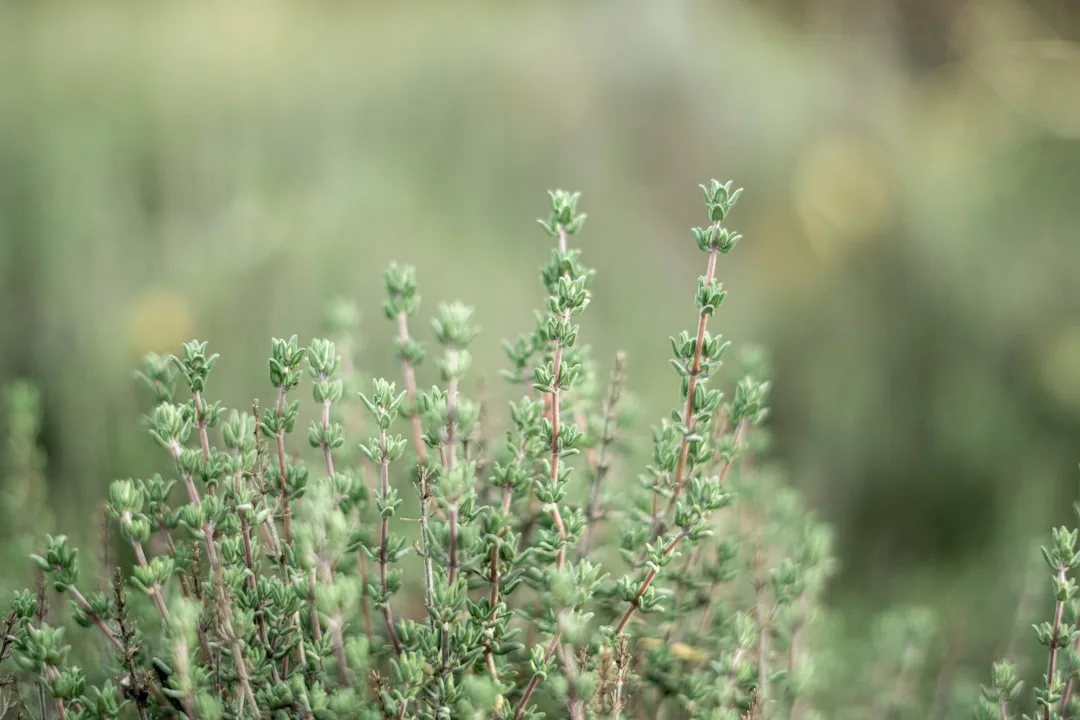
Lavender
A staple in drought tolerant gardens. Lavender grows between two and three feet with spiky silver foliage and blooms in various shades of purple, white, or lavender depending on the variety.

Common Sage
This plant’s woolly gray leaves add texture throughout the growing season. It grows between two and three feet and performs best in full sun with well drained soil.
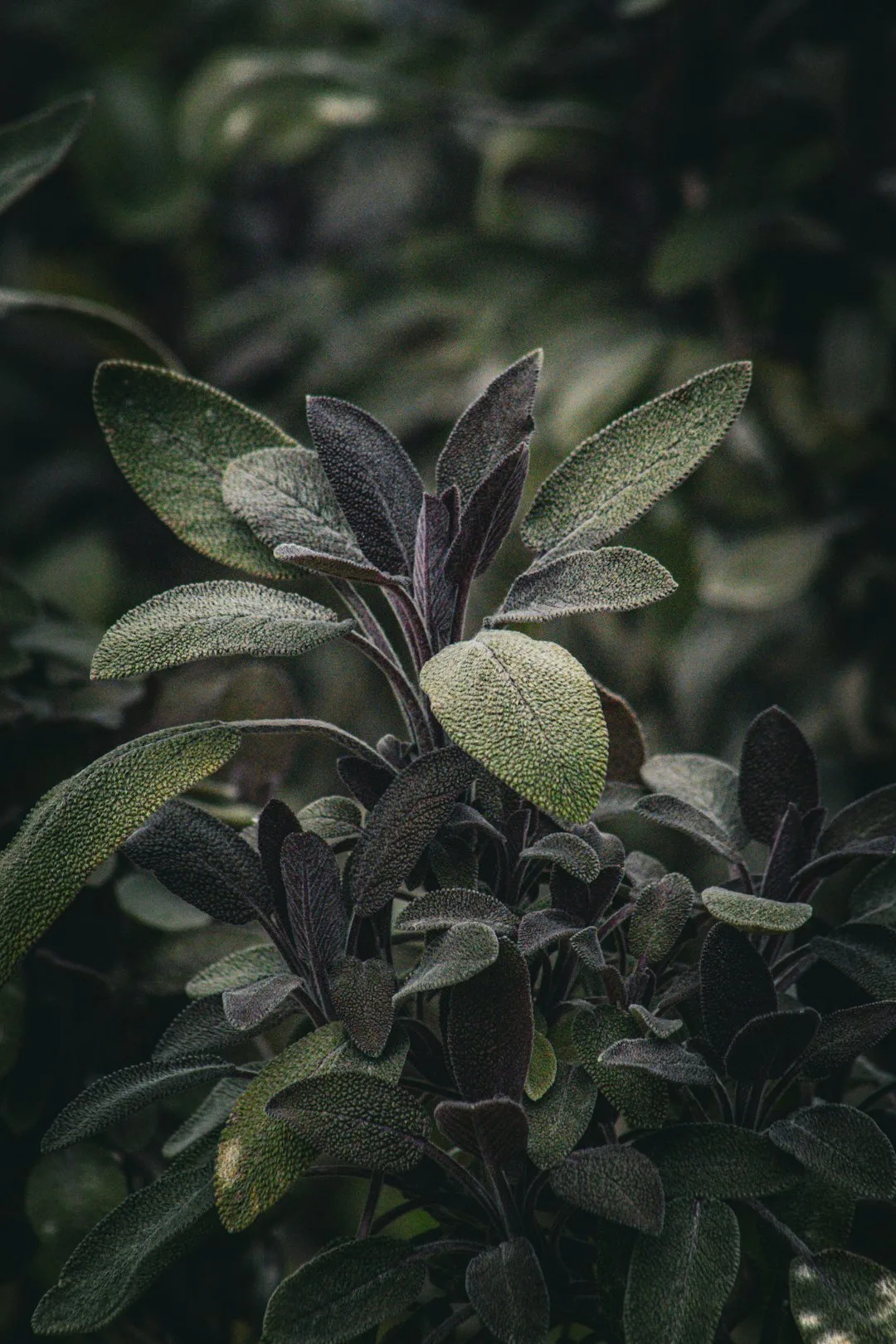
Hens and Chicks
A hardy succulent with rosette-shaped leaves. It grows easily in sun or partial shade and needs soil that drains quickly.
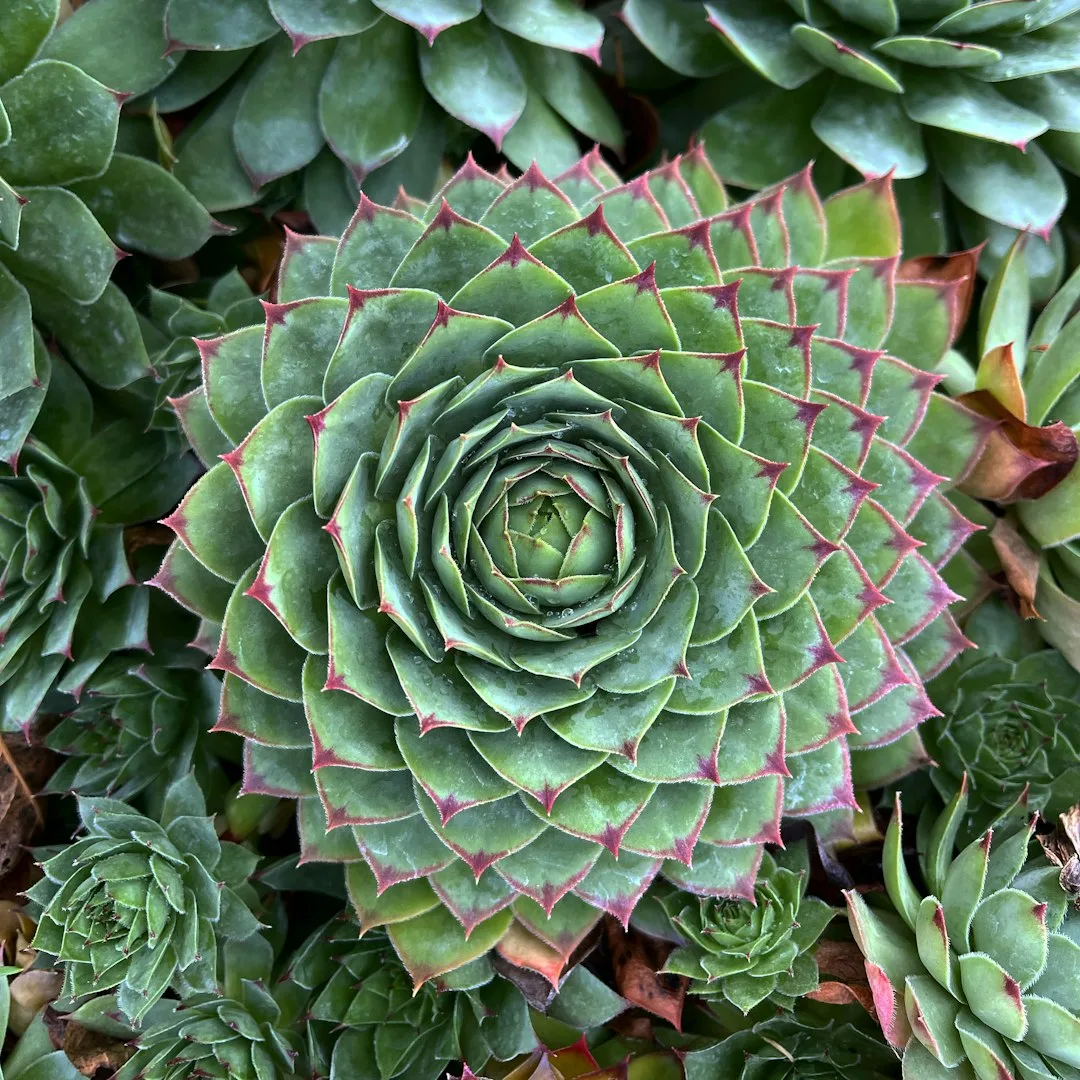
Snow-in-Summer
A very low growing plant with silver foliage and star-shaped white blooms. It thrives in full sun and soil that does not stay wet.
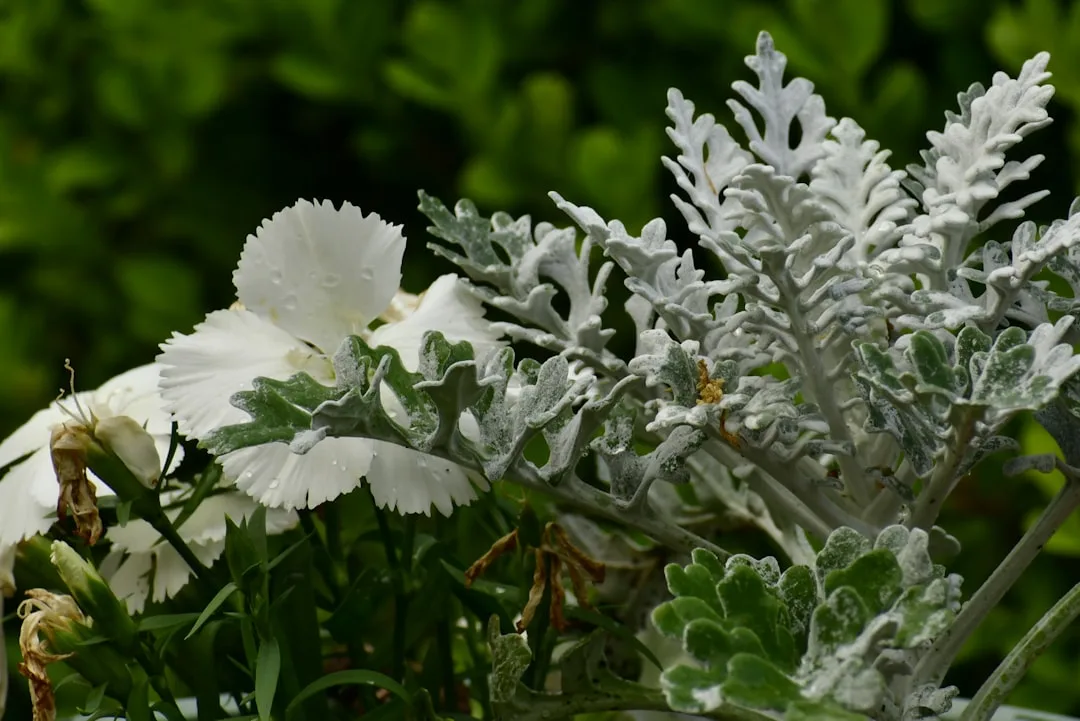
Creeping Phlox
This groundcover forms a vibrant carpet of color in late spring. It grows two to six inches tall and makes an excellent border plant.
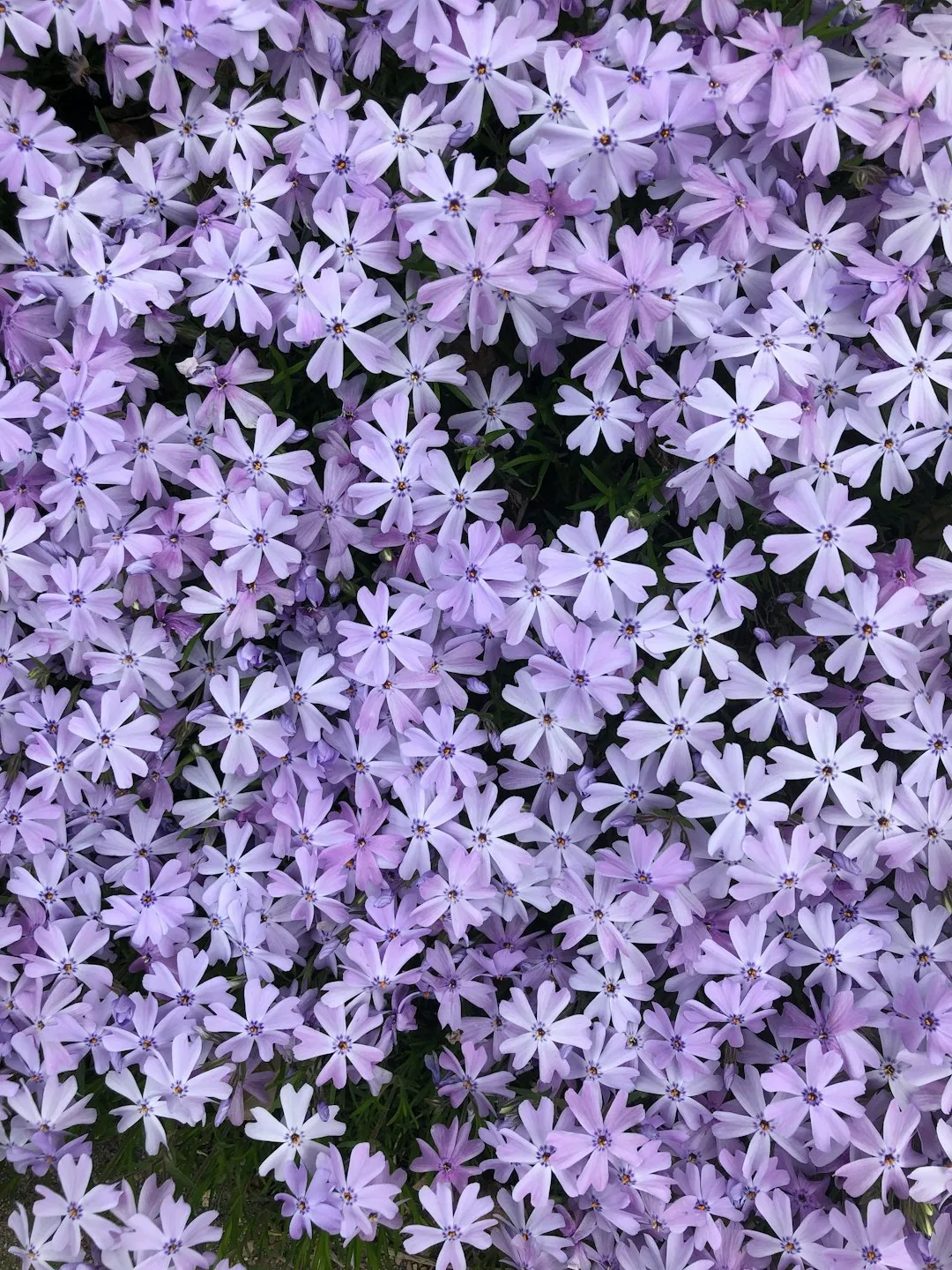
Sedum
A low maintenance succulent with evergreen foliage. Sedum grows well in fertile or average soil, blooms in summer, and can reach about four inches tall depending on the variety.
